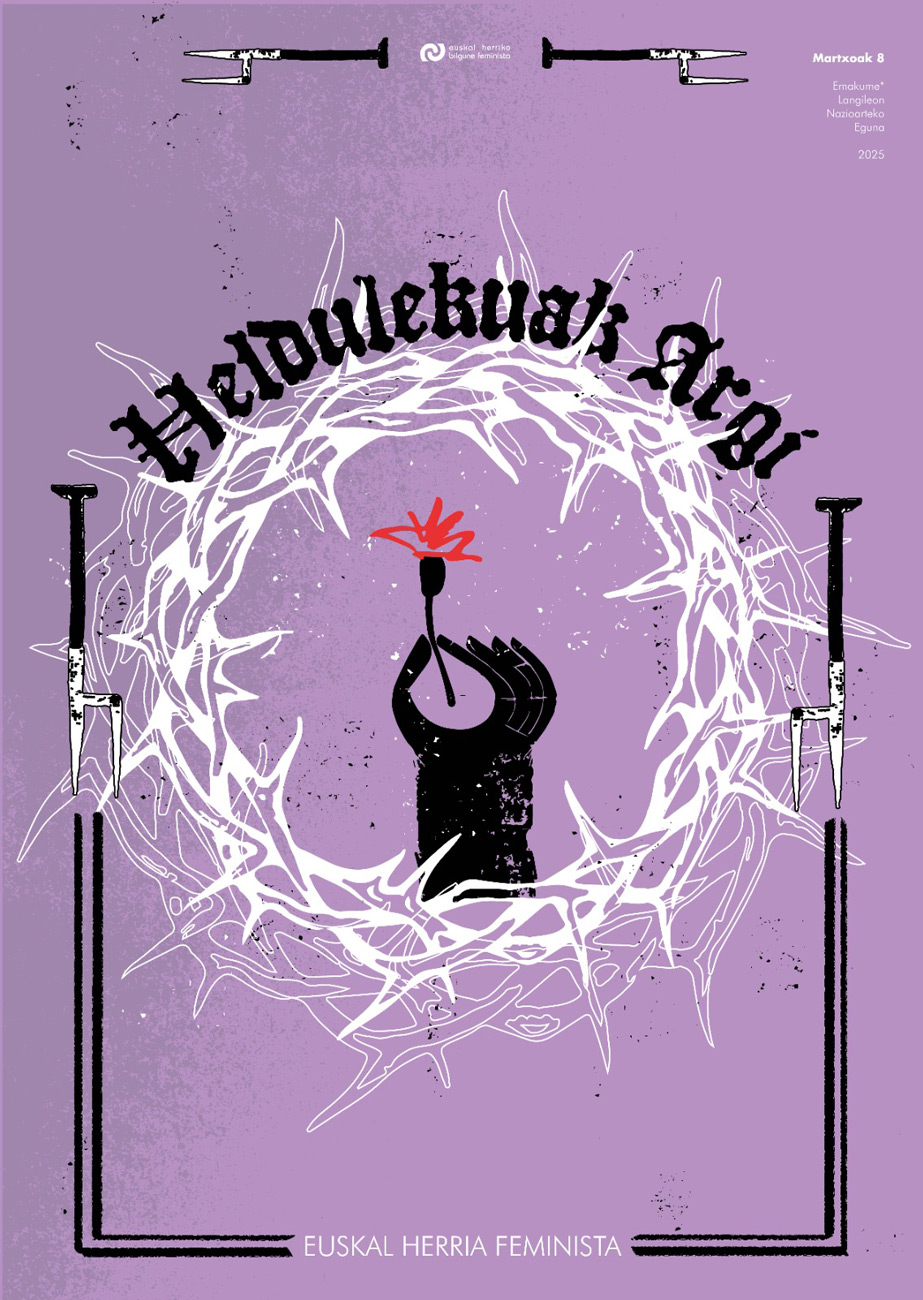Megaupload, culture and acricism

They first closed Napster and I didn't say anything because I didn't use Napster. Then they closed Audiogalaxy and I didn't say anything because I didn't tell the user. They took Kazaa to court, and I didn't say anything because I was dropping the files with another service. When they came to close Megaupload, there was no one left to say anything. Or, wait, everybody was talking about Megaupload's lockdown. When we reach the gates of the World War – it is not a hyperbole, a message that has spread a lot on Twitter says: “Grandfather, grandfather... how the III started. World War? Well, look, one day the FBI closed Megaupload and...”
Okay, the cultural industry of the 20th century has a great courage to promote this kind of witch hunt against the cultural industry of the 21st century. Facilitating the exchange of files should not be a crime; publishers, record labels, mafias who manage copyright, political authorities and dogs should understand – yes, dogs also have the ability to understand things with a slow explanation – that the Internet definitely changed the rules of the game and that they cannot continue their rigged business model until the prophecy is filled and the world is broken.
But we also have to look to the account with a certain perspective, because nothing else to close Megaupload has spread on social networks the demands of culture – how to say so as not to offend anyone, ah, I know, I will ironize – illustrated. In the photo that illustrates this article you have Kim Schmitz, the head of Megaupload, and in the inn he has it is seen that he has always been called to be a librarian of Alexandria – I am still ironic, just in case.
What I mean – now seriously – is that what we are seeing is a conflict between two cultural industries: On the one hand, the industry managed to implement its business model before universalizing the use of the Internet and, on the other, the one that is enriched with current technologies. And the fact that the speeches and practices of the former have an unbearable smell of naphthalene does not justify the acricism that we often have with the latter. What is never discussed, whether it's paying or not, is: movies, songs, books... They are all products and are made for consumption. It is easy to specify the consequences that this consumption logic has for the culture, for it to be consumed it is very nice, comfortable, simple. Culture is therefore identified with standardised forms, the rules are never broken, the only question is whether or not to pay.
Well, I am not interested in the debate, I translate Gil Scott-Heron to this day and I will just add: the revolution cannot be downloaded in SeriesYonkis.
Mugimendu feministak manifestazioak egin ditu goizean Donostian, Gasteizen eta Iruñean eta arratsaldean Baionan eta Bilbon. Oinarrizko irakurketa partekatu dute, eta horri gehitu diote hiri bakoitzean bertako problematika, eragile eta ekimenen erreferentzia.
Bilgune Feministak Heldulekuak argi, Euskal Herria feminista leloa baliatu du M8an, azpimarratzeko feminismoak ematen dituela “datorrenari aurre egiteko tresnak”, eta gogorarazteko faxismoaren gorakadaren testuinguru hau helduleku horretatik irakurri eta borrokatu... [+]
Otsailean bost urte bete dira Iruña-Veleiako epaiketatik, baina oraindik hainbat pasarte ezezagunak dira.
11 urteko gurutze-bidea. Arabako Foru Aldundiak (AFA) kereila jarri zuenetik epaiketa burutzera 11 urte luze pasa ziren. Luzatzen den justizia ez dela justizia, dio... [+]
MAITE: (biharko eguna antolatzen bere buruaren baitan) Jaiki, gosaldu, bazkaria prestatu, arropa garbitu, etxea garbitu, gizon hori jaiki, seme-alabak jaiki, hiru horien gosaria prestatu, haiek agurtu, erosketak egin, lanera joan, seme-alabak eskolatik jaso, merienda eman,... [+]
Josu Estarrona EH Bilduko Arabako senatariak egindako galderari erantzun dio Espainiako Sustapen Ministerioak, eta hor berretsi du Ezkioko aukera zailtasunez beteta dagoela.
Matxismoa normalizatzen ari da, eskuin muturreko alderdien nahiz sare sozialetako pertsonaien eskutik, ideia matxistak zabaltzen eta egonkortzen ari baitira gizarte osoan. Egoera larria da, eta are larriagoa izan daiteke, ideia zein jarrera matxistei eta erreakzionarioei ateak... [+]
“Askatasunaren” izenean, ikastetxean zein oinarrizko hizkuntza nahi duten galdetu diete guraso valentziarrei. Helburua katalana zokoratzea zen. PPren eta Voxen gobernuak ez du lortu. 33 eskualdeetatik 22tan katalana gailendu da. Emaitzarekin oso pozik agertu dira... [+]
Europar Kontseiluak onartu du Ursula Von der Leyenek gastu militarrean proposatu duen 800.000 milioi euroko gastuarekin aurrera egitea. Horretarako bi arrazoi nagusi argudiatu ditu: Errusiari aurrea egitea eta Europar Batasunak aurrerantzean bere burua AEBen babes militarrik... [+]
Gizakunde (Inauteriak)
Noiz: otsailaren 15ean.
Non: Arizkun eta Erratzun. plazan.
------------------------------------------------
Amaitu dira inauteriak, sutan erre ditugu gaiztoak, gaizkiak, sardinak eta panpinak. Baina xomorroak esnatu dira eta badator... [+]
Festa egiteko musika eta kontzertu eskaintza ez ezik, erakusketak, hitzaldiak, zine eta antzerki ikuskizunak eta zientoka ekintza kultural antolatu dituzte eragile ugarik Martxoaren 8aren bueltarako. Artikulu honetan, bilduma moduan, zokorrak gisa miatuko ditugu Euskal Herriko... [+]
Soco Lizarraga mediku eta Nafarroako Duintasunez Hiltzeko Eskubidea elkarteko kidearen ustez bizi testamentuak heriotza duin bat eskaini eta familiari gauzak errazten dizkio.
Karmela espazio autogestionastuan egingo ditu, eta Euskal Herriko zein nazioarteko gonbidatuak egongo dira bertan. "Koiuntura analisi orokorretik abiatu eta Euskal Herriko borroka internazionalistaren gakoetarainoko bidea" egingo dutela adierazi du Askapenak... [+]



















